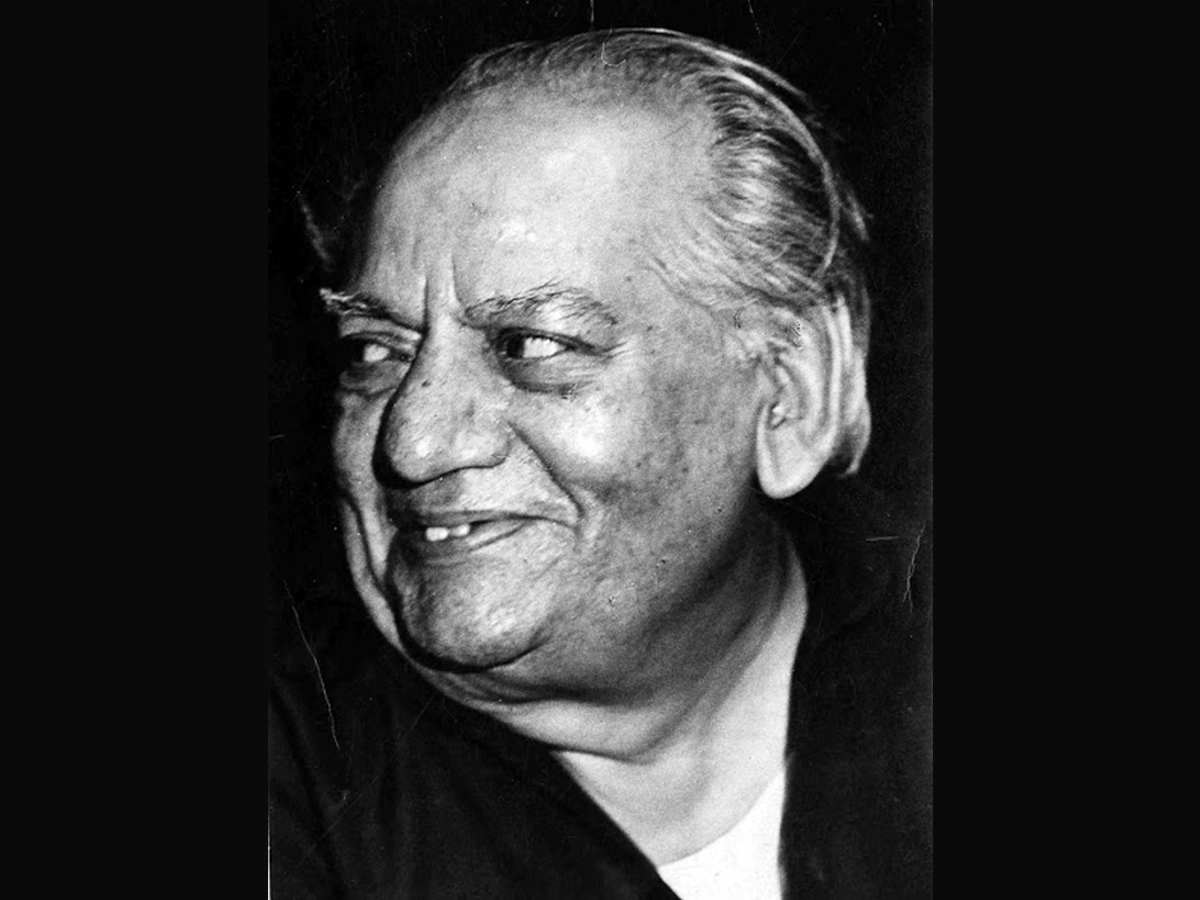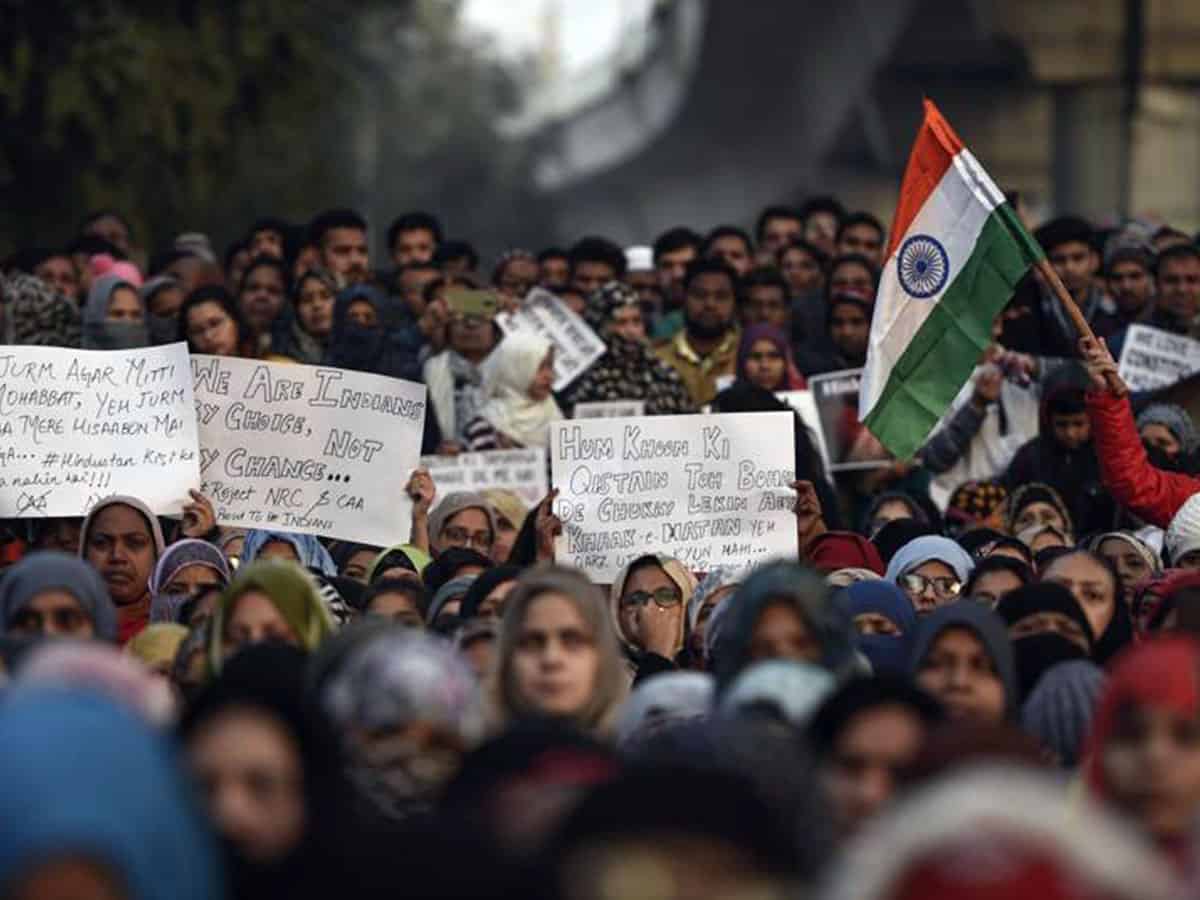VJ M Divakar
With protests, rallies and other forms of defiance against the CAA and NRC engulfing the country certain slogans, songs, nazms, poems and ghazals, old and new, have become an effective means to communicate the gravity of the socio-political situation to the general public. Not lagging behind, literature too has become one of the main sources of symbols of mood, sentiments, feelings and desires of the protestors.
It is a known fact that over the centuries, whenever people have joined together to register their displeasure, pain, anger and protest, what emerges from the process are songs, slogans and literary symbols. It is often said that best in literature, music and songs has taken birth from the anger, hurt and protests. This is something people who have graduated with flying colours from the WhatsApp University cannot understand.
The unnecessary debate raised over protestors singing Faiz Ahmed Faiz’s Hum Dekhenge is one good example how ignorant and biased are those finding fault with the poem and termed it as anti-Hindu. As is their wont, the dumb followers of a certain political ideology, react without knowing anything and not making even a feeble effort to understand it.
In the 1970s, Faiz Saab, a close associate of Bhutto wrote this against then martial law administrator and fundamentalist, Gen Zia-ul-Haq. The symbols, imagery, suggestive lines written by Faiz Saab were direct attack on the military Regime of Gen Zia. Faiz hoped that one day it will end paving way for a peaceful people’s governance in which everyone is a stake holder.
The dumb followers cherry pick a few phrases and lines and try to make the poem anti-Hindu.

Their so-called objection is to the line which says:
Jab arz-e-Khuda ke kaabe se
Sab buth uthwae jaenge
The actual meaning of these lines is:
“From the abode of God
When icons of falsehood will be taken out,”
Here Faiz Saab makes an analogy with some historical facts supposed to have taken place in Kaaba during the Prophet Mohamed’s time. The Prophet is supposed to have ordered the removal of idols, which were installed there in the past by people who believed in idol worship. It is said that under the instructions from the Prophet Mohammed the Idols were taken away. Faiz Saab only invokes that story to suit to the times he was talking. This has no reference even remotely to Hinduism or Hindus.
The other so called objectionable line is:
Bas naam rahega Allah ka
Jo ghayab bhi hai hazir bhi
Jo manzar bhi hai nazir bhi
Utthega an-al-haq ka nara
Jo mai bhi hoon aur tum bhi ho
The meaning of these lines is as follows:
Only the god’s name will prevail
Who cannot be seen but is present
Who is the spectacle and the beholder, both
I am the Truth- the cry will rise,
Which is I, as well as you
The main objection being the use of Utthega an-al-haq ka nara, which means I am the Truth cry will rise. This is a slogan or cry raised by the Sufis from the time immemorial. During Aurangzeb’s time a Sufi saint was persecuted for this slogan and; the fundamentalists oppose this very concept of human being saying I am the Truth. This is a kind of resonance of Upanishads and the Vedas proclaim: Ahaṁ Brahmāsmi (I am the God, the Creator) from Brihadaranyaka Upanishad of Shukla Yajurveda.
One would wonder why people are taking objection to a nazm, a song written against a dictator and his dictatorship. Another song became popular in these protests is one which was penned by Safdar Hashmi, a staunch leftists writer, thinker and theatre personality who was brutally killed in broad day light when he was performing a street play by the Congress goons. The song Halla Bol is equally popular like another song Dastoor written by Habib Jalib. It is also a resistance voice against the dictators. Why should anybody in their senses, and those who cherish democracy, its basic values and progressive in thinking, can oppose such songs? The answer shows what is actually happening in our country and to its democracy.
Hum Dekhenge
Lazim hai ke hum bhi dekhenge
Woh din ke jis ka wada hai
Jo lauh-e-azl mein likha hai
We shall Witness
It is certain that we too, shall witness
the day that has been promised
Jab zulm-o-sitam ke koh-e-garan
Rooi ki tarah ur jaenge
Hum mehkoomon ke paaon tale
Ye dharti dhar dhar dharkegi
Aur ahl-e-hakam ke sar oopar
Jab bijli kar kar karkegi
When the enormous mountains of tyranny
blow away like cotton.
Under our feet- the feet of the oppressed-
when the earth will pulsate deafeningly
and on the heads of our rulers
when lightning will strike.
Jab arz-e-Khuda ke kaabe se
Sab buth uthwae jaenge
Hum ahl-e-safa mardood-e-harm
Masnad pe bethae jaenge
Sab taaj uchale jaenge
Sab takht girae jaenge
From the abode of God
When icons of falsehood will be taken out,
When we- the faithful- who have been barred out of sacred places
will be seated on high cushions
When the crowns will be tossed,
When the thrones will be brought down.
Bas naam rahega Allah ka
Jo ghayab bhi hai hazir bhi
Jo manzar bhi hai nazir bhi
Utthega an-al-haq ka nara
Jo mai bhi hoon tum bhi ho
Only The name will survive
Who cannot be seen but is also present
Who is the spectacle and the beholder, both
I am the Truth- the cry will rise,
Which is I, as well as you
Aur raaj karegi Khalq-e-Khuda
Jo mai bhi hoon aur tum bhi ho
Hum dekhenge, Lazim hai ke hum bhee dekhengey
And then God’s creation will rule
Which is I, as well as you
VJ M Divakar is a senior journalist and writer based in Hyderabad

